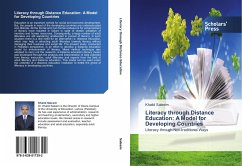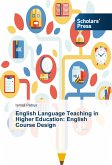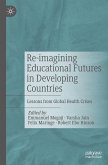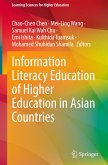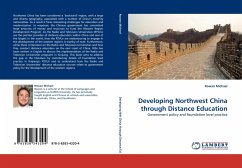Education is an important vehicle for social and economic development. But, the people in most of the developing countries are undereducated and illiterate. All the formal and non-formal endeavors for enhancement of literacy have resulted in failure in spite of drastic utilization of monitory and human resources. Consequently, a large number of adult illiterates are still wandering unattended in pursuit of literacy. In such situation there is a dire need for an alternative i.e. distance education, which may help in attracting adult illiterates towards literacy without damaging their business and social life. The present study, conducted in Pakistani perspective, is an effort to develop a distance education model for enhancement of literacy. Mixed method technique was adopted to carry out the research. A distance education literacy model was developed through the analysis and interpretation of data collected from literacy instructors, adult illiterates and experts from the field of adult illiteracy and distance education. This model can be used under the umbrella of a distance education institution to bottle the ghost of illiteracy in developing countries.
Bitte wählen Sie Ihr Anliegen aus.
Rechnungen
Retourenschein anfordern
Bestellstatus
Storno

